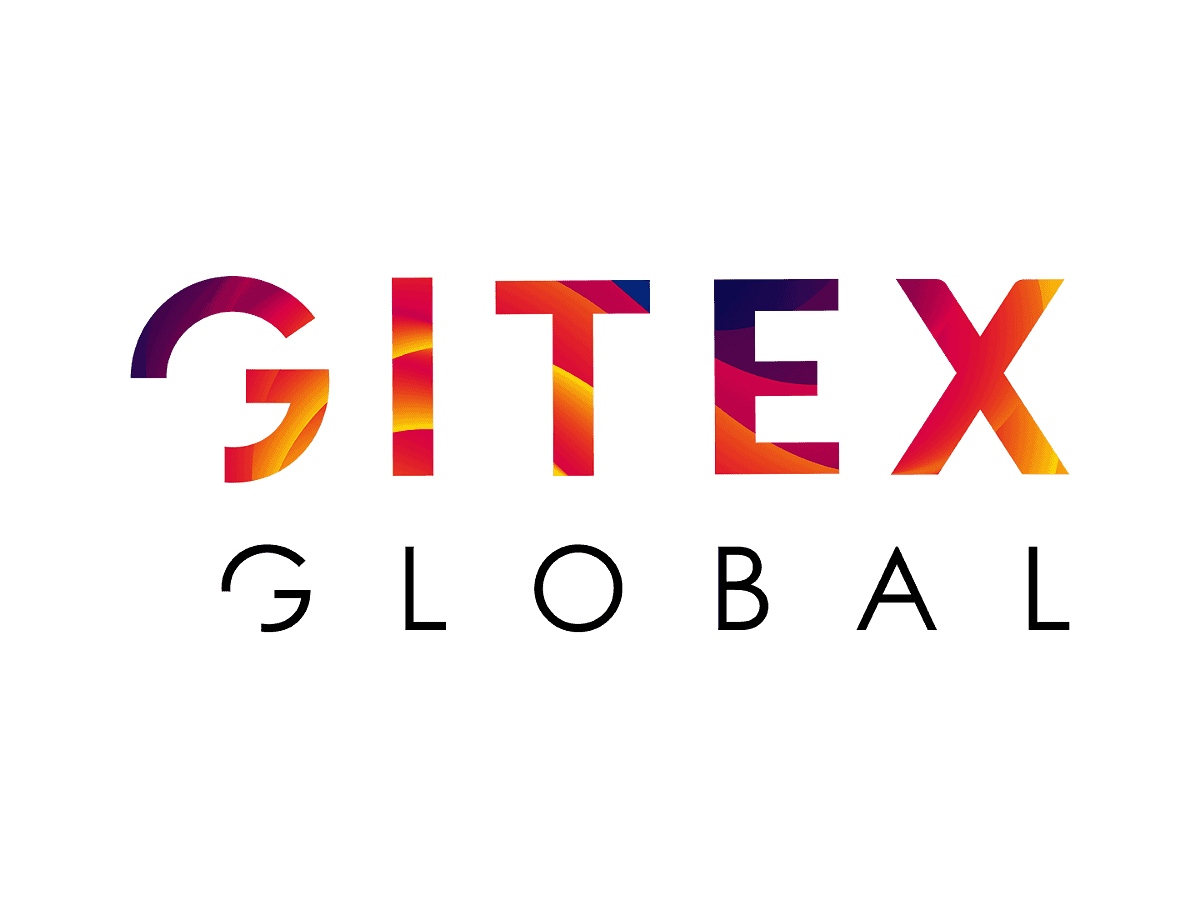
Abu Dhabi: Last year, the UAE announced the “UAE Net Zero by 2050 Strategic Initiative”, a national drive to achieve net-zero emissions by 2050, making the Emirates the first Middle East and North African nation to do so.
At GITEX GLOBAL 2023, Faisal Ali Rashid, Senior Director, Energy Demand Side Management, UAE’s Dubai Supreme Council of Energy, highlighted the successes in executing this mission.
Rashid said the UAE is transitioning from a linear to a circular economy. As part of this transition, Emirates has established a Circular Economy Committee comprising public and private sector members to promote investments in circularity and accelerate the adoption of circular economy practices.
GITEX GLOBAL facilitates the biggest public-private partnership projects, with 250 government entities looking to collaborate on e-government and digital government initiatives. The Smart Government market was estimated to be worth nearly USD 30 billion in 2022, with an anticipated value of USD 110 billion by 2029 at a 21 per cent annual growth rate.
In a session titled “Reimagining government in the digital age: Transforming public services for the future”, Lord McNicol, Member of the House of Lords, UK Parliament, was joined by other panellists, including Alby Bocanegra, Founder and Former CTO of NYC, The Urban Futurist, Kristina Ishmael, Deputy Director, Office of Educational Technology, US
Department of Education and Mikko Rusama, Former Chief Digital Officer at the City of Helsinki. They spoke on the role of digital technologies in transforming public services for the future and emphasized the need for a proactive, data-centric approach to public service provision. The panellists highlighted the benefits of Open Data policies which allow organisations to collect data, monitor it, and make well-informed decisions on the services they provide and how they work for the citizens.
Quantum computing Heralds new age of productivity
Integrating AI and quantum computing into hybrid cloud workflows is heralding a new frontier in digital transformation. Headline exhibitors at GITEX GLOBAL 2023, including IBM, Dell Technologies, Microsoft, AWS, HPE and Canadian-based startup Xanadu, say quantum computing – an area of computer science that uses qubits (quantum bits) instead of classical computing bits, delivering huge leaps in processing power – can address the world’s biggest problems.
While still in development, quantum computers’ mind-boggling calculation ability can transform multiple industries, from cybersecurity, telecommunications, and healthcare, to mobility, finance and defence. Boston Consulting Group, a management consultancy, estimates quantum computers could improve operating income of their users by between $450 billion and $850 billion a year by 2050.
Mohammed Amin, Senior Vice President at Dell Technologies for Central Eastern Europe, Middle East, Turkey, and Africa, said to fully capitalise on this transformative technology, businesses must invest in quantum computing and empower their data.
“By piloting quantum computing and integrating it strategically into their operations, businesses can stay at the forefront of technological progress and seize the unparalleled opportunities it presents in propelling innovation and advancing processes,” he added.
Peter Oganesean, the Managing Director of HP Middle East, said recent advances in quantum computing, along with its increased accessibility, will have significant implications in sectors such as cybersecurity, medicine, finance, and many more.
“Representing the next breakthrough in IT, this technology holds the promise of finding answers to some of our most pressing scientific challenges, such as genome profiling and finding treatments for disease at incredible speeds,” he added.
Xanadu Founder and CEO Christian Weedbrook Weedbrook said that the company is working with car brands such as BMW and Volkswagen on quantum chemistry to develop the next generation of EV batteries. He estimates quantum computing will be, in the next couple of years, where ChatGPT is today in investment and interest. “It really will change the world and I am looking forward to being part of that,” he stated.
To demonstrate its technical capability, Xanadu’s quantum computer Borealis went head-to-head last year with Japanese Fugaku, the world’s fastest supercomputer, to solve a complex mathematical formula. It would have taken Fugaku 7 million years to solve this problem. Borealis cracked the same problem in two minutes.
In collaboration with etisalat by e&, Samsung introduced the Family Hub Refrigerator on the fourth day of GITEX GLOBAL. Its “View Inside” internal camera lets users view the fridge’s contents via smartphones, check food item expiration dates, and purchase groceries directly from the Etisalat Smile grocery platform. Additionally, it seamlessly connects and controls smart devices in users’ homes, serving as a central hub.
At the launch, Burcin Arabul, Director of the Home Appliances Division at Samsung Gulf Electronics, highlighted how the smart fridge elevates the experience for UAE families.
“We are excited to partner with Etisalat for GITEX GLOBAL and launch our Family Hub refrigerator at the event. Embracing GITEX’s theme of ‘Imagining AI in everything,’ the Family Hub showcases the future of connected homes and heralds a new era of smart connectivity,” she added.
The 43rd edition of GITEX GLOBAL takes place from October 16-20, 2023, the blockbuster tech showpiece once again reaching full capacity at the Dubai World Trade Centre as it hosts more than 6,000 exhibitors.
GITEX GLOBAL and Expand North Star comprise a combined 41 halls spanning 2.7 million sq. ft of exhibition space, a 40 per cent growth year-on-year with 1,800 startups across Expand North Star and GITEX GLOBAL. The events converge the best minds and most visionary companies to scrutinise, challenge, define, and empower the digital agendas of the world.
